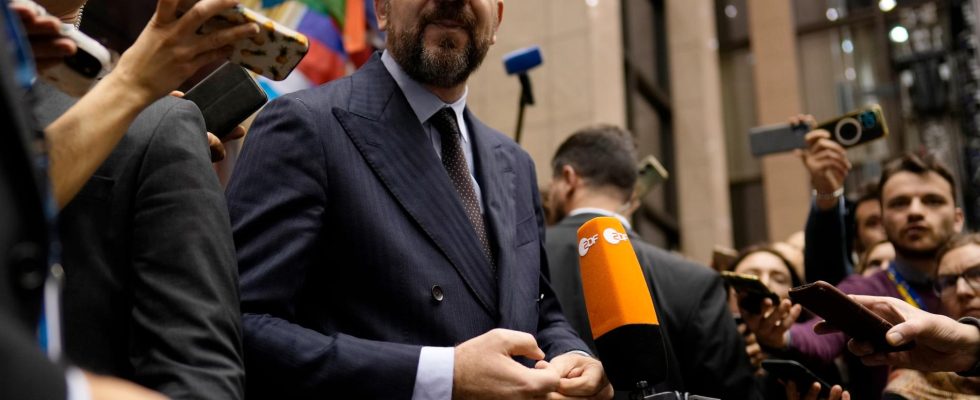The agreement on an expanded long-term budget in the EU is strong – but only among 26 out of 27 member states.
Hungary resists and creates night mangling in Brussels.
After Thursday night’s surprise deal to start membership negotiations with Ukraine and Moldova, EU leaders switched to mainly discussing money.
This summer, the EU Commission put forward proposals for an extended long-term budget to primarily be able to support Ukraine financially until 2027, but also invest in being able to invest more in industry and migration measures.
The money for Ukraine – 17 billion euros in grants and 33 billion in loans – most countries have agreed to from the very beginning. However, other parts of the commission’s proposal have been significantly cut down during the discussions, as several countries – not least Sweden – wanted to see the commission redistribute rather than ask for new money.
– Sweden wants to contribute to as tight a budget as possible. We have a very clear Swedish line, together with other countries: Germany, Finland, Denmark, the Netherlands, said Prime Minister Ulf Kristersson (M) on his way to the summit on Thursday morning.
Late in the evening, sources told the news site Politico Europe that 26 of the 27 EU countries agreed in principle to a solution with only 4 billion euros extra in new EU money, in addition to the 17 billion for Ukraine. However, Hungary is said to still be opposed, which means that there is still no final settlement.
